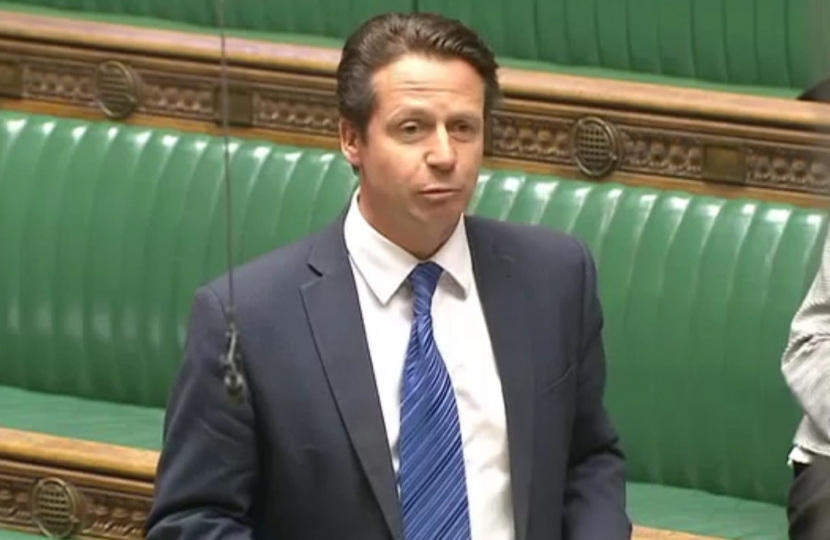
Earlier today I spoke at the second reading of the Digital Economy Bill.
The UK is one of the most sophisticated and advanced digital economies on the planet. At 12.4% of GDP the UK has by far the largest digital economy in the G20 (double the USA, three times Germany and nearly four times France in terms of % of GDP). Average spending online in the UK per head is double the European average. More than 1.5 million people are employed in the digital sector in the UK and the it contributes a staggering £180 billion to the UK economy each year. The digital sector is growing at about twice the rate of GDP growth.
I welcomed the improved level of information that will come as part of the new power for Ofcom to order communications providers to release data to help them make more informed choices. Of particular help will be the ability for Ofcom to obtain address level data on broadband speeds, in order to provide more accurate estimates than the current system where advertised speeds by postcode can vary significantly from property to property.
I also used the opportunity to issue another call for a simpler, fairer and more efficient switching system for mobile consumers, as he did in his adjournment debate on the subject last year. Ofcom’s plans in this regard will be published in the autumn.
The Bill also builds on the Government’s desire to restrict access to harmful sexualised content that could change the way children view sex and relationships. There have already been welcome steps in this regard - not least from internet providers themselves in providing family friendly filters; free to customers to filter out unsuitable content. Building on this the Bill will introduce an age verification regulator.
I called on the Government to continue working with key stakeholders in the sector to find a way to block sites and therefore clearly meet the manifesto commitment to stop children’s exposure to sexualised content online.
Technological advances have transformed the way we communicate, are informed, educated and entertained.
The UK already has an early lead in the digital economy. The changes in this Bill will bring legislation, regulation, consumer rights and protections up to date helping the UK retain a commanding digital position for many years to come with its emphasis on enabling digital infrastructure, consumer rights, protecting intellectual property and ambitious goals for government digital services.
The strength of our digital sector is something we should be shouting from the rooftops and as a nation should be very proud about indeed.
You can read my speech in full here.
